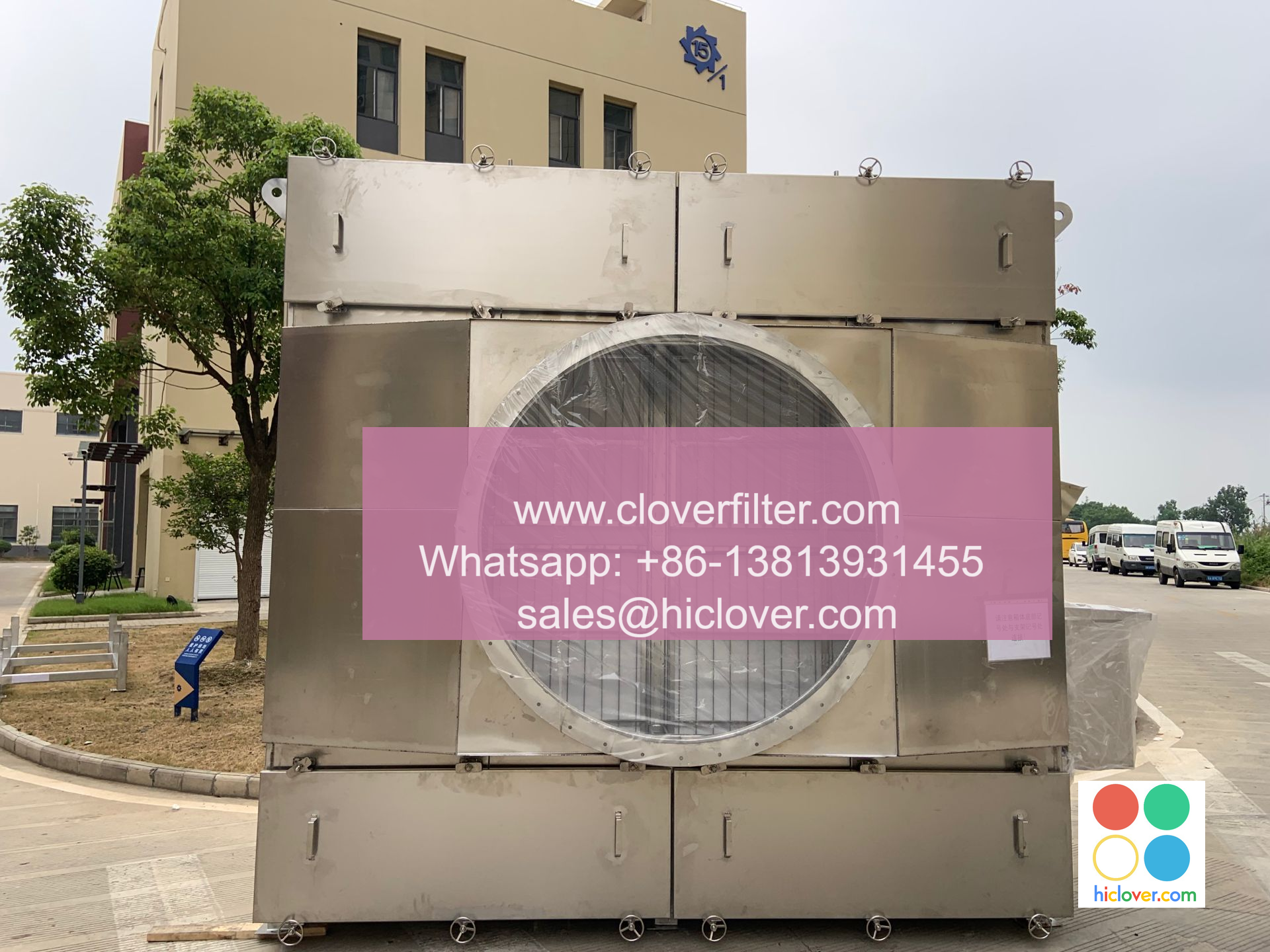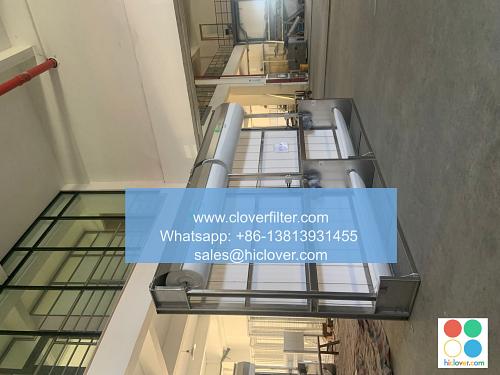What Is Dustproofing Home HVAC Systems | Preventing Dirty Suction Fan35

Dustproofing home HVAC systems is a crucial step in maintaining the efficiency, reliability, and cleanliness of your heating, ventilation, and air conditioning units. One of the key areas of focus in this process is preventing dirty suction fans, which can lead to reduced airflow, increased energy consumption, and compromised indoor air quality. In this article, we will delve into the world of dustproofing home HVAC systems, exploring the importance of air filter maintenance, duct cleaning, and coil cleaning in preventing dirty suction fans and ensuring optimal system performance.
Understanding the Importance of Dustproofing Home HVAC Systems
Dustproofing home HVAC systems is essential for several reasons. Firstly, it helps to prevent the accumulation of dust, dirt, and debris within the system, which can lead to reduced airflow and increased energy consumption. Secondly, it plays a critical role in maintaining indoor air quality, as a dirty HVAC system can circulate allergens, pollutants, and microorganisms throughout your home. Finally, dustproofing home HVAC systems can help to extend their lifespan, reducing the need for costly repairs and replacements.
Preventing Dirty Suction Fans: Tips and Tricks
Preventing dirty suction fans is a critical aspect of dustproofing home HVAC systems. Here are some tips and tricks to help you keep your suction fans clean and functioning optimally:
* Regular air filter maintenance: Replace your air filters regularly to prevent dust and debris from accumulating within the system.
* Duct cleaning: Clean your air ducts regularly to remove dust, dirt, and debris that can accumulate and reduce airflow.
* Coil cleaning: Clean your evaporator and condenser coils regularly to ensure optimal heat transfer and prevent dust buildup.
* Sealing air leaks: Seal any air leaks within your ducts and vents to prevent dust and debris from entering the system.
* Using a dust-reducing HVAC filter: Consider using a high-efficiency air filter that can capture 99.97% of particles as small as 0.3 microns, including dust, pollen, and other airborne pollutants.
Application Areas for Dustproofing Home HVAC Systems
Dustproofing home HVAC systems has a wide range of applications, including:
* Residential HVAC systems: Dustproofing is essential for residential HVAC systems, where it can help to improve indoor air quality, reduce energy consumption, and extend system lifespan.
* Commercial HVAC systems: Dustproofing is also critical in commercial settings, where it can help to improve indoor air quality, reduce energy consumption, and maintain system performance.
* Industrial HVAC systems: In industrial settings, dustproofing is essential for maintaining system performance, reducing downtime, and ensuring compliance with regulatory requirements.
* Healthcare facilities: In healthcare facilities, dustproofing is critical for maintaining infection control and preventing the spread of airborne pathogens.
Conclusion
Dustproofing home HVAC systems is a critical step in maintaining the efficiency, reliability, and cleanliness of your heating, ventilation, and air conditioning units. By preventing dirty suction fans and maintaining optimal system performance, you can improve indoor air quality, reduce energy consumption, and extend system lifespan. Whether you’re a homeowner, business owner, or facility manager, dustproofing your HVAC system is an essential investment in the health, comfort, and well-being of your occupants. It looks like you forgot to include a prompt!
Please go ahead and provide a prompt, and I’ll be happy to help with whatever you need. It could be a question, a topic to discuss, a problem to solve, or even a creative writing prompt. I’m all ears!

